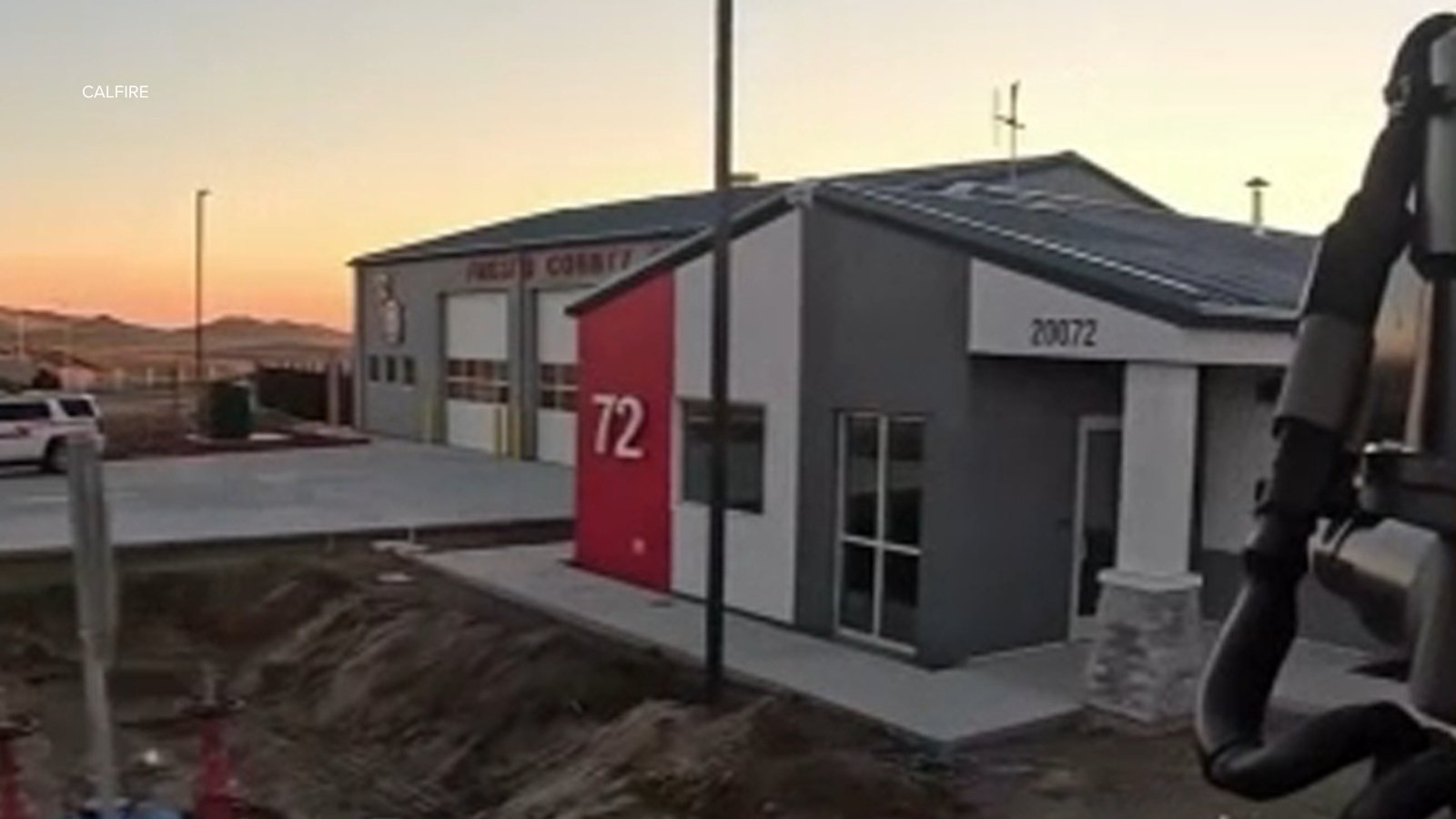BREAKING NEWS: A revolutionary mRNA vaccine developed by the Houston Zoo and Baylor College of Medicine offers new hope for baby elephants facing a deadly virus. Just announced, this groundbreaking shot has shown effectiveness in protecting juvenile Asian elephants from the lethal elephant endotheliotropic herpesvirus (EEHV).
Administered for the first time at the Houston Zoo on June 18, 2024, the vaccine is already making waves across multiple institutions in the U.S. Early reports confirm that vaccinated calves are testing negative after previously showing signs of the virus. Notably, two young males, Sanjay and Kabir, vaccinated at the Cincinnati Zoo, have cleared low-level infections and avoided severe disease.
This breakthrough comes after a tragic loss at the Houston Zoo when a young calf named Mac succumbed to EEHV. The vaccine, which was first given to a 40-year-old Asian elephant named Tess, has been closely monitored for antibody responses and overall health. Initial findings indicate that the vaccine generates robust immune responses in the elephants.
The effort has gained momentum, with other accredited zoos like the Fort Worth Zoo and Syracuse’s Rosamond Gifford Zoo joining the initiative. Vaccinations are being administered to various calves, including Brazos from Fort Worth and rare twin calves in Syracuse, as part of a coordinated testing effort. Researchers are actively collecting blood samples to track immune responses and improve the vaccine’s efficacy.
Veterinarians are cautiously optimistic about these developments. EEHV has historically been the leading cause of death among juvenile Asian elephants in human care, often resulting in high fatality rates. An effective vaccine like this could dramatically change conservation strategies, providing a safeguard for endangered herds.
Although researchers emphasize that this program is in its early stages, the potential for a wider rollout is exciting. More data, production capacity, and coordinated protocols will be necessary before the vaccine can be widely used. Nevertheless, partners—including funding organizations like Colossal Biosciences—are optimistic about the promising outcomes for elephants in captivity and, eventually, those in the wild.
As monitoring extends and more animals join the trial, this innovative vaccine could become a pivotal tool in the fight against a disease that has long threatened the future of Asian elephants. The urgency of this development cannot be overstated; it offers a lifeline to a species in peril, making it a critical moment for conservation efforts globally.
Stay tuned for further updates on this developing story as researchers continue to gather data and refine their efforts to protect these majestic creatures.







